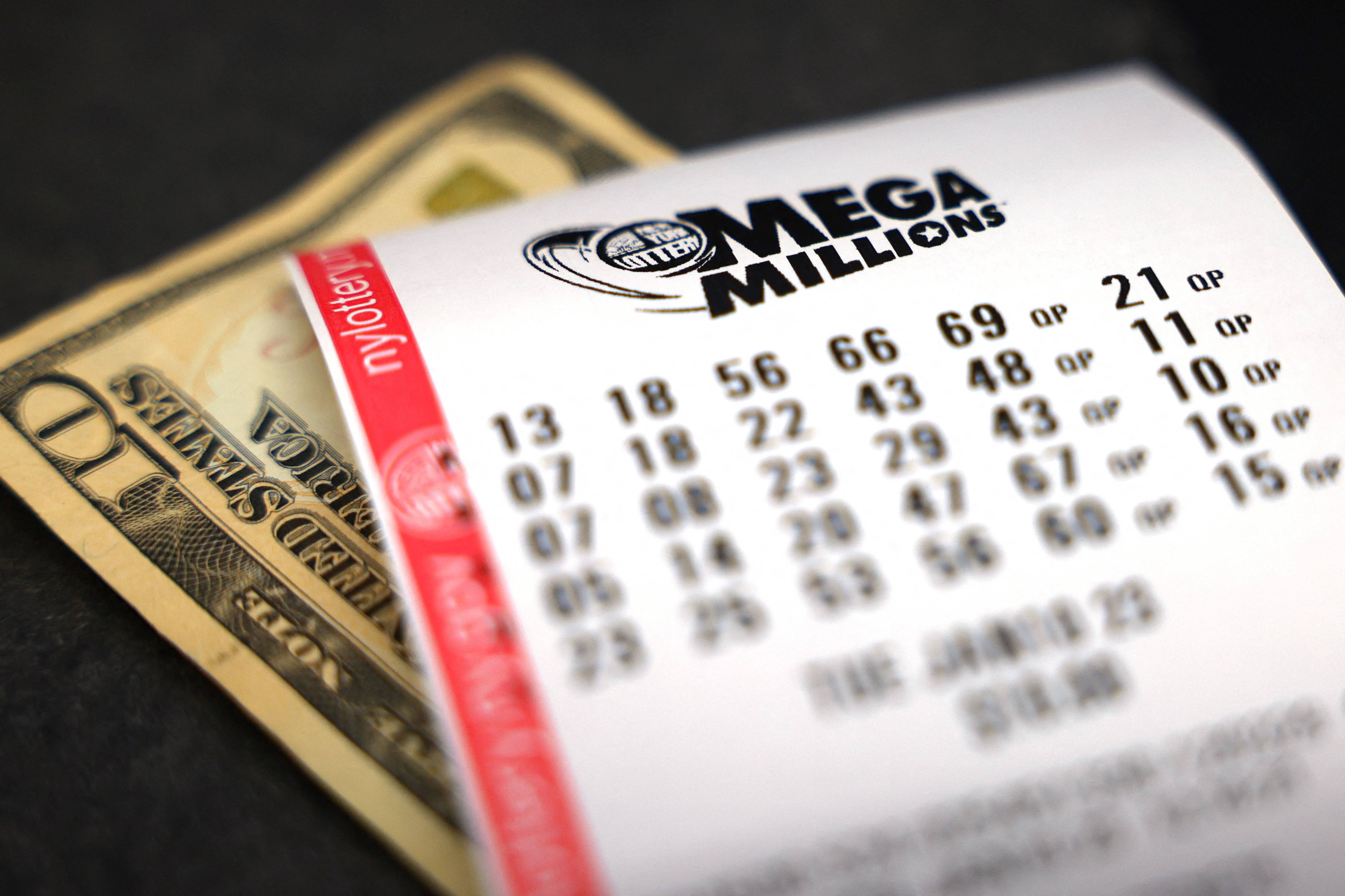
In the United States, lottery games raise billions of dollars annually. Some people play for fun while others believe that winning the lottery is their ticket to a better life. The truth is that there are no guarantees when it comes to winning the lottery. However, you can increase your chances of winning by following a few simple tips.
Lotteries are a form of gambling in which participants choose numbers or symbols, either by hand or by computer, and win prizes if their choices match those selected by the random number generator. There are many different types of lotteries, including those that offer cash prizes and those that award goods or services. Some lotteries are conducted by private organizations, while others are operated by state or local governments. The first recorded lotteries took place in the 15th century, when they were used to raise money for town fortifications and public works. They may have even predated the first European colonies in America, as colonists sponsored a lottery to fund the Virginia Company.
Regardless of the type of lottery, there are some basic requirements. First, the game must have a record of the identities and amounts staked by each bettor. This information is normally recorded on a ticket that can be checked against the drawing results. The ticket must also include a way for players to identify themselves, as well as the numbers or other symbols they have chosen. The rules of the game must also specify how and when prize amounts will be awarded.
Most lotteries are based on the principle that some percentage of the total sum of money bet will go toward the jackpot prize, with the rest being divided among other prizes and costs for organizing the lottery. The prize amount is usually advertised, with large jackpots attracting more attention and increasing the odds of winning. The number of jackpot winners is usually limited to one or two per drawing. This is to prevent a situation in which the same person wins over and over again, which would reduce the value of each prize.
There is a certain inextricable human impulse to gamble, and the lottery taps into it. In addition, the huge prizes on display at billboards entice people who might otherwise not be interested in buying a ticket. However, the real problem with lottery advertising is that it is deceptive in a number of ways, including presenting misleading information about the odds of winning (which are often grossly inflated); inflating the actual value of the prize money won (lotto jackpots are typically paid in annual installments over 20 years, which quickly erode their current value due to inflation); and using celebrity endorsements and other forms of misleading promotion. These problems, while not necessarily related to the underlying desire to gamble, are important aspects of how lottery games function and have generated criticisms such as those regarding compulsive gambling and the lottery’s regressive impact on low-income individuals.

